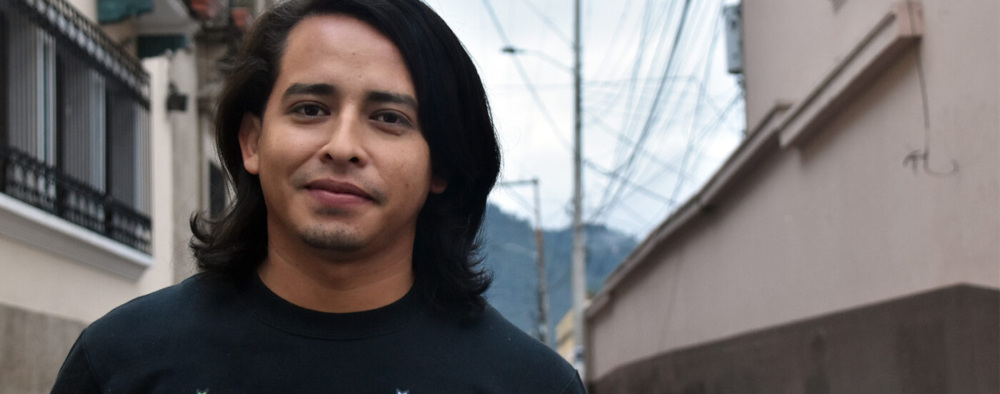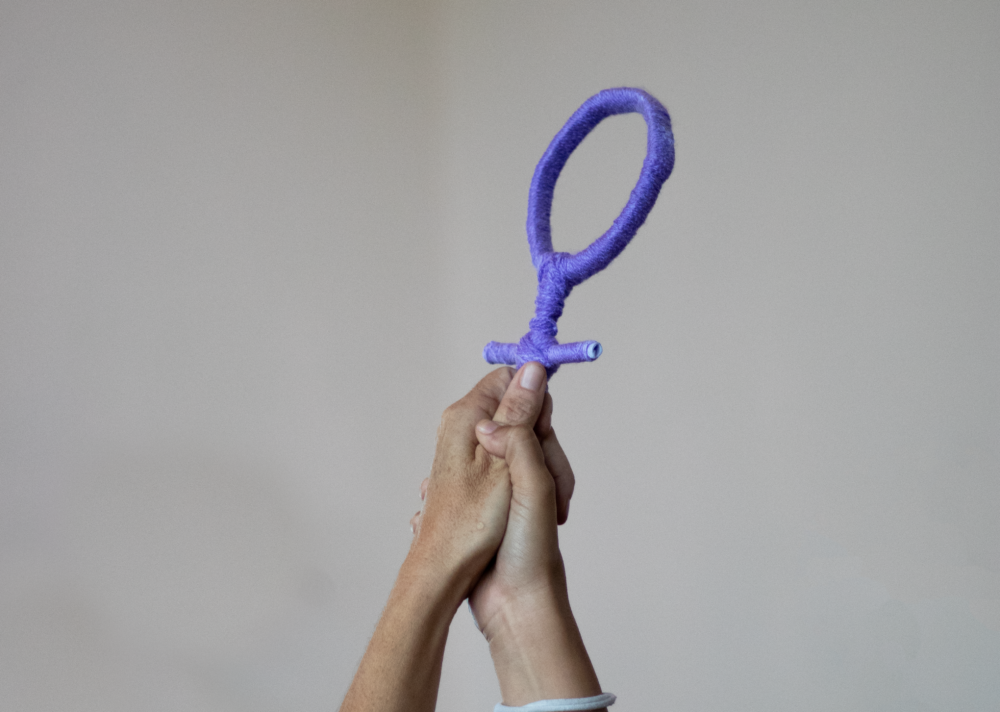
Gender justice, Safety and wellbeing
Gender justice, Youth power
Editors Note: This blog is available in Spanish.
Promoting Youth Leadership for Gender Justice – also known as the HEEL initiative, using a Mayan word that means change and transformation – began in 2021. It aims to create individual and social change for gender equity in Central America.
During a recent three-day convening in Guatemala, we sat down with these young leaders to explore and better understand what motivates their work. Learn what gender justice and healthy masculinities mean to them:

“Healthy masculinities mean deconstruction. For me, I think gender justice has to do with the search for equal justice and conditions for men and women and different groups. That way, we can come together and find different paths in that search for new opportunities for everyone.”
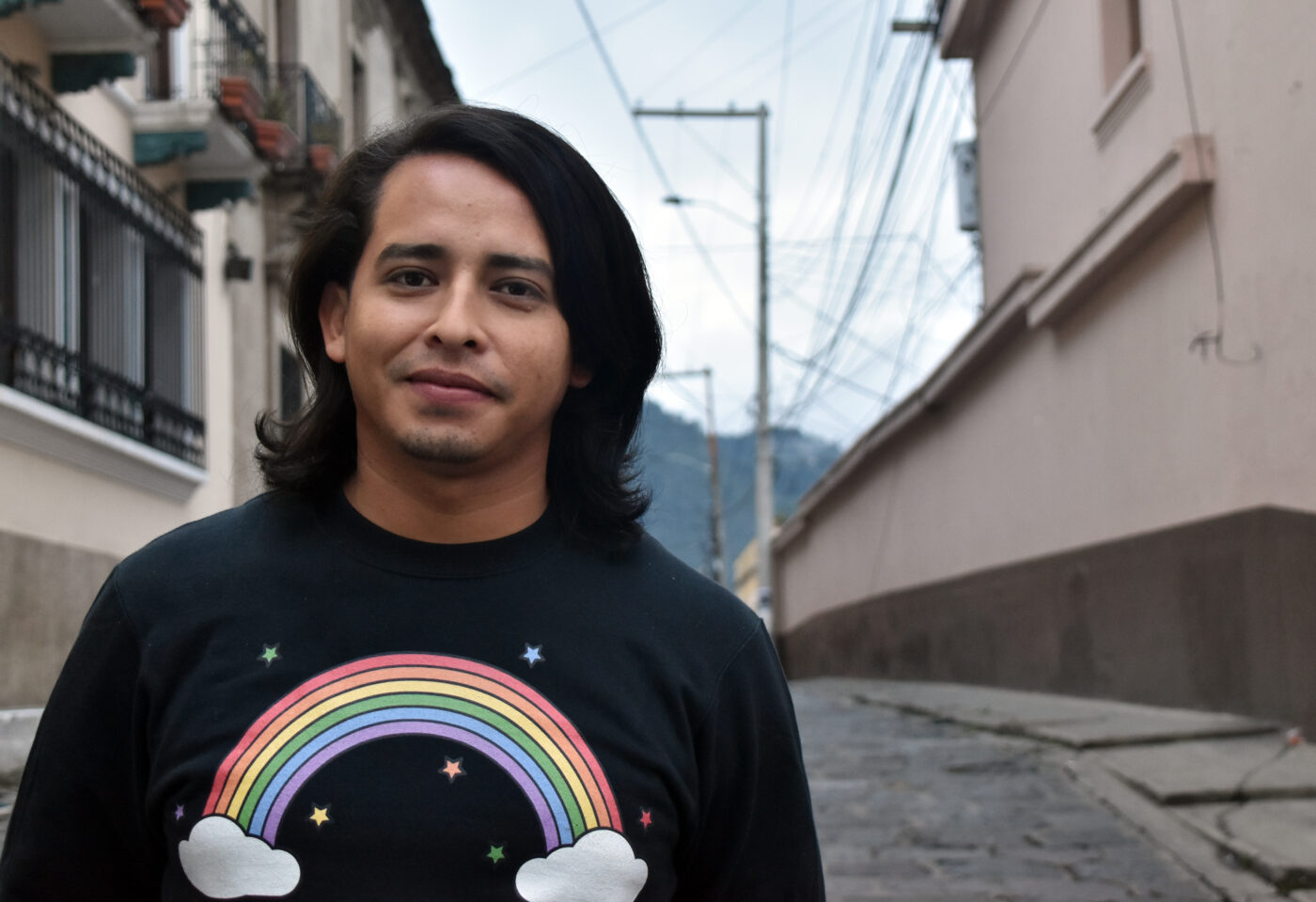
”Healthy masculinities break the mold of the ‘traditional man,’ and for me, gender justice means viewing men and women in the same sense of equality.”
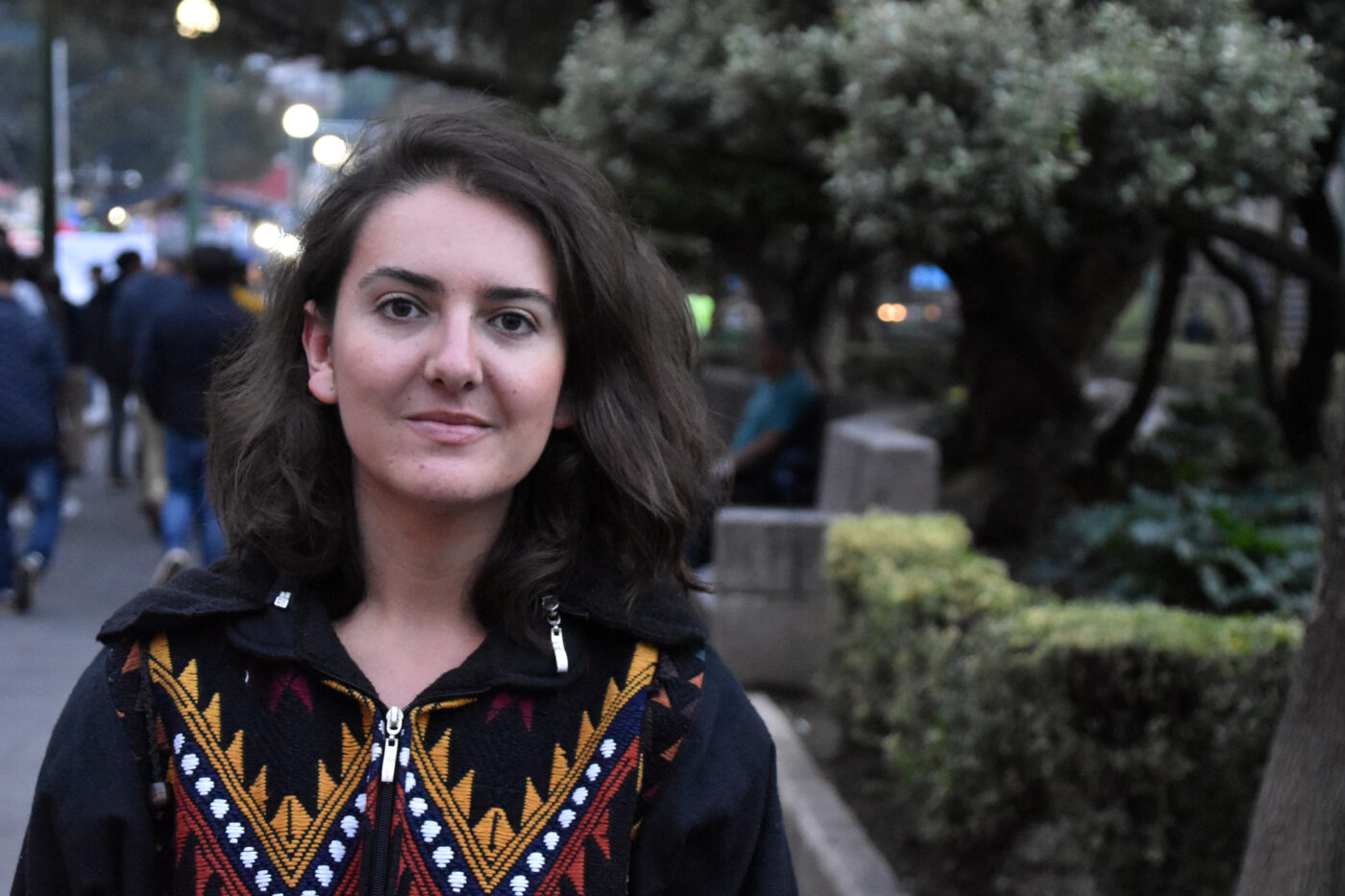
“Healthy masculinities mean breaking the patriarchal system. Gender justice firstly means they stop killing us. In Mexico, there are 11 femicides daily. We want to be able to live without fear and freely on the streets, so it starts there. Also, it’s important to understand the interdependence of the different forms that we are impacted by the patriarchy and be able to build from there. A world where we can live without fear, where we can build together.”
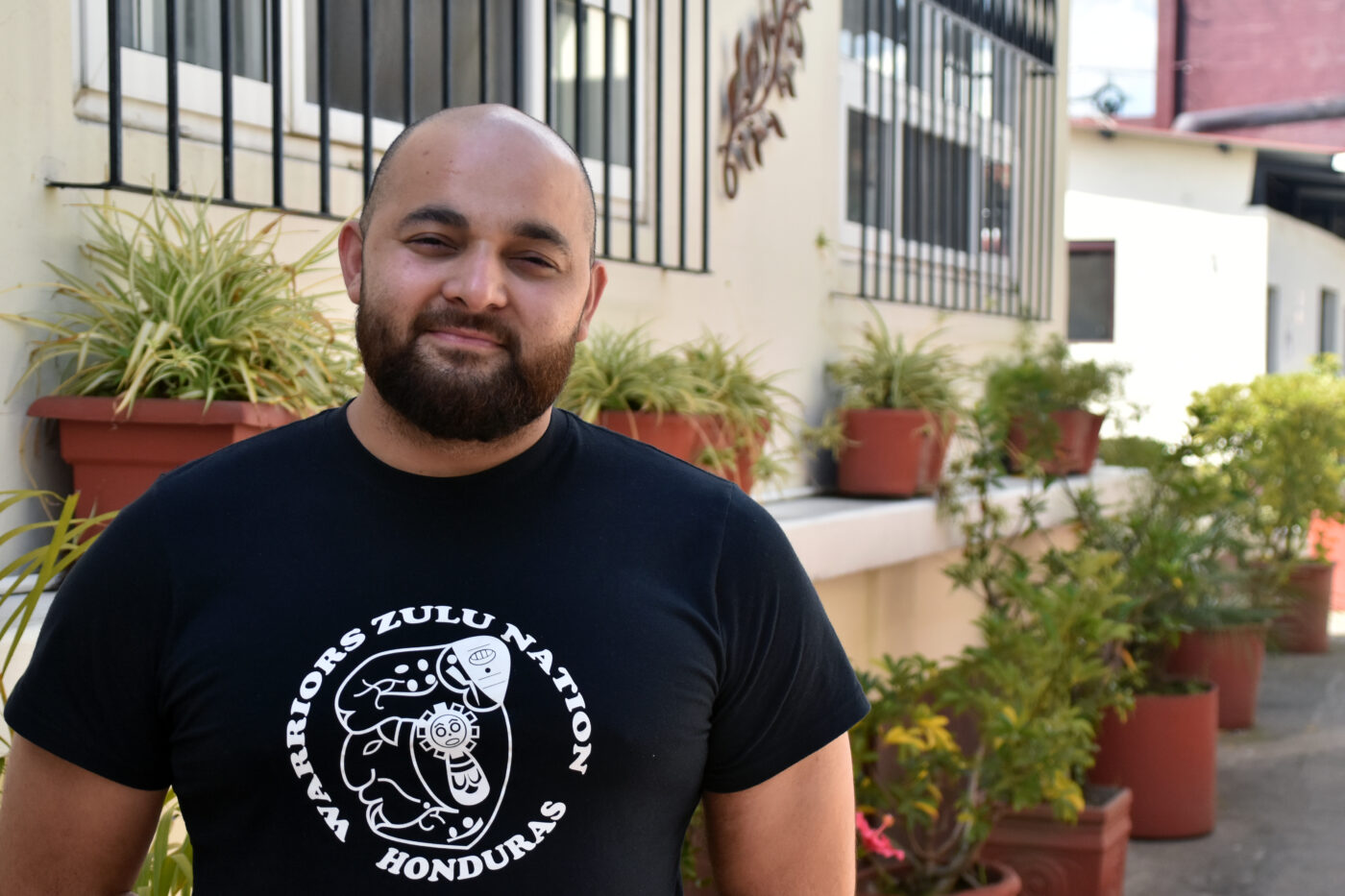
“Healthy masculinities mean to internalize or reflect. Gender justice for me is the level of awareness we have about day-to-day problems or issues. From the most basic to the most complicated that we can’t necessarily identify easily as men, right? What privileges, what rights, but also what, from all of that, is my responsibility and what isn’t.”
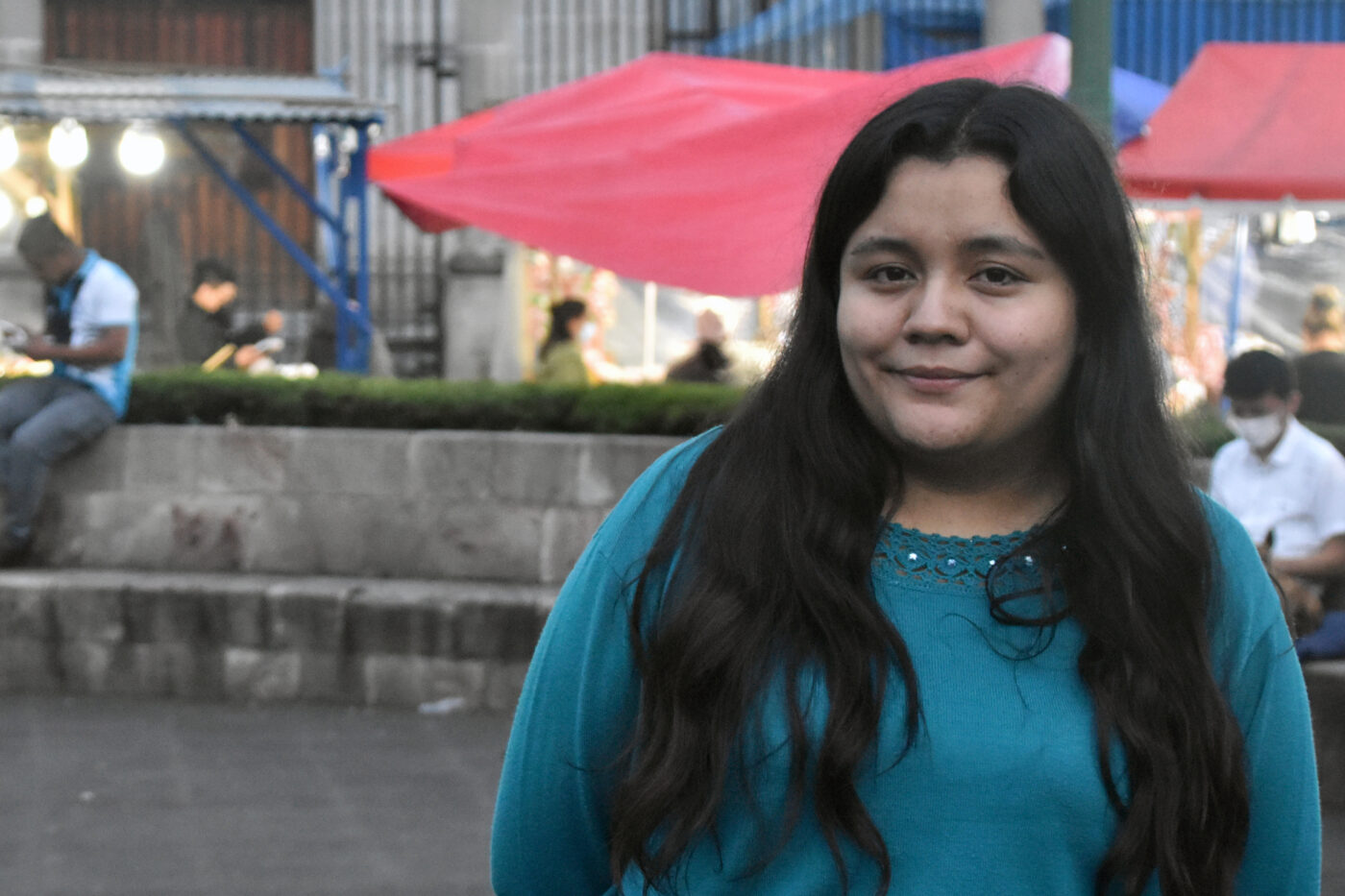
“Healthy masculinities are transformative. Gender justice to me means to fight without caring about the characteristics of the person.”
Header image: Portrait photo of Ángel, participant in the HEEL convening. © GFC.
